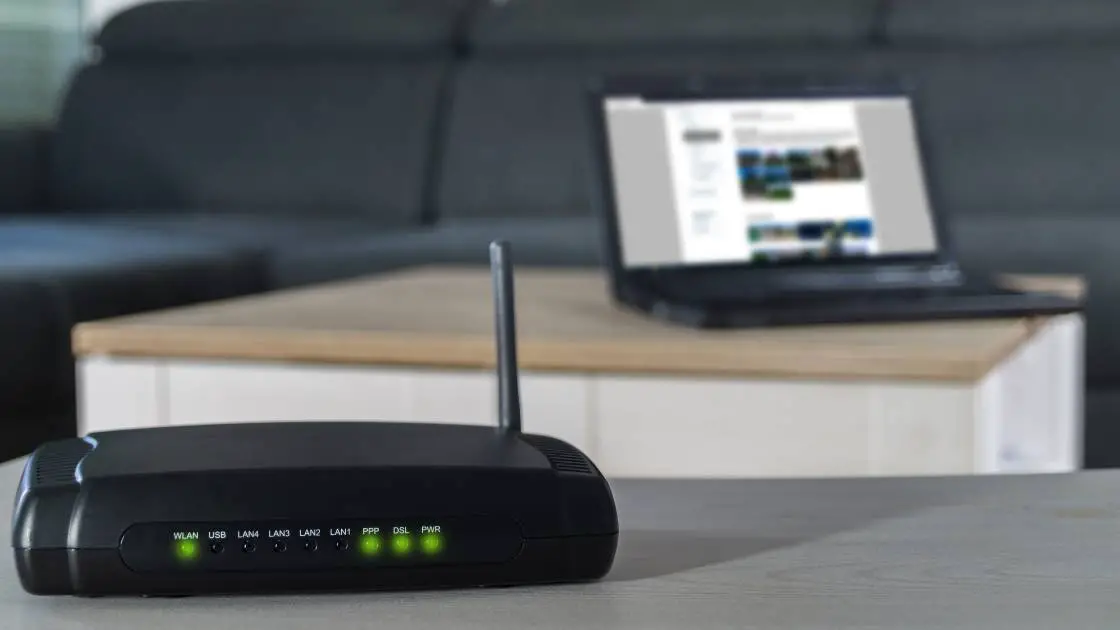Are you worried that your landlord may be snooping around your internet history? It’s a legitimate concern, especially if you are accessing the internet without your own own router and IP address.
In this article, I am going to answer the question of whether a landlord can see a tenant’s internet history and provide some helpful tips on how you can prevent this from happening.
The short answer, however, is as follows:
A landlord can see your internet history if you are using your landlord’s wi-fi and are not otherwise blocking or taking preventative measures to prevent your landlord from accessing this information. As mentioned, we will be getting into some of the best ways to prevent this type of access.
Ok, we’ve got a lot to cover, so let’s get into it!
The information contained in this post is for informational purposes only. It is not legal advice. You should seek the advice of a qualified legal professional before making any decisions relating to the topics covered by this article.
We may earn commissions from products and services that are purchased or recommended through our website as part of our affiliate partnerships. As an Amazon affiliate, we may earn from qualifying purchases.
Is It Possible For My Landlord to Track My Internet History?
If you’re using Wi-Fi, your landlord can see your internet activity as long as they are your Wi-Fi administrator.
What exactly can they see?
A lot…they have access to the websites you browse, what type of social media you use, videos you watch, and so on. However, if you are visiting https protected sites, you have a little more security. For example, your admin can’t see what you fill in on secured forms on that site.
The level of access is similar to what your employer can see when you access their network in the office, so if you are worried about privacy while surfing at home, you need to be cautious here (or take some of the steps we outline below).
How Can My Landlord See My Internet History?
Router admins have permission to see what devices are connected to the network and their log information. These include search history, browsing data, and other internet activities.
Some Wi-Fi providers also use third-party software to see more information and details about what you do on web pages.
For example, if a site uses HTTP protocol, your router admin can see what you type and search for on this website using third-party software.
On the other hand, if you’re visiting websites with HTTPS protocol, the router owner can only see that you visited these websites. He won’t be able to see anything you searched for on these websites.
How to Hide My Internet Activity From My Landlord?
We all prefer to surf the web safely without anyone knowing or seeing our browsing history and information. If you’re a tenant and your landlord is the router admin, here are four methods to hide your internet activity from your landlord:
1. Use VPN Software
VPNs can mask your IP address and allow you to browse the internet safely. That’s because they can give you an IP address of a different country.
A VPN software will encrypt all your internet activity, and your network provider won’t be able to see your internet history.
Nord VPN and Surfshark are popular VPN options.
2. Try the TOR Browser
Also known as the Onion browser, TOR allows you to surf the internet as if you’re using a VPN.
TOR gives you a new IP address, enabling you to hide all your internet activity while using the browser.
3. Surf the Web via Incognito Mode (Limited Protection)
Browsing in Incognito Mode clears all the browsing history, website cookies, and other internet activities from your computer.
But it is important to note that Incognito Mode is handy for hiding your internet history from your landlord if you’re sharing a computer or laptop.
However, your Wi-Fi administrator can still track your internet activity through your router logs, so if they know are sophisticated and determined enough, they may be able to get this information despite your using incognito mode.
4. Use the Help of a Proxy Server
This is similar to a VPN or TOR in that a proxy server is a server that provides a path between you and the internet. It acts like an intermediary between the user and the web pages that they visit.
Essentially, a proxy server can hide your IP address from websites and encrypt the information you send and receive from websites.
This encryption makes it difficult for anyone to interpret the data you share on the internet.
Now while it does serve to hide internet traffic, it may not as protective in other ways like a full service VPN. Source.
Conclusion
If you’re wondering whether or not your landlord can see your internet history, we hope our article managed to answer your question in depth.
Landlords have access to see your internet activity and history as long as they’re the internet admins.
However, you can still browse the internet without fear of your landlord accessing your browsing history using the methods outlined above.


